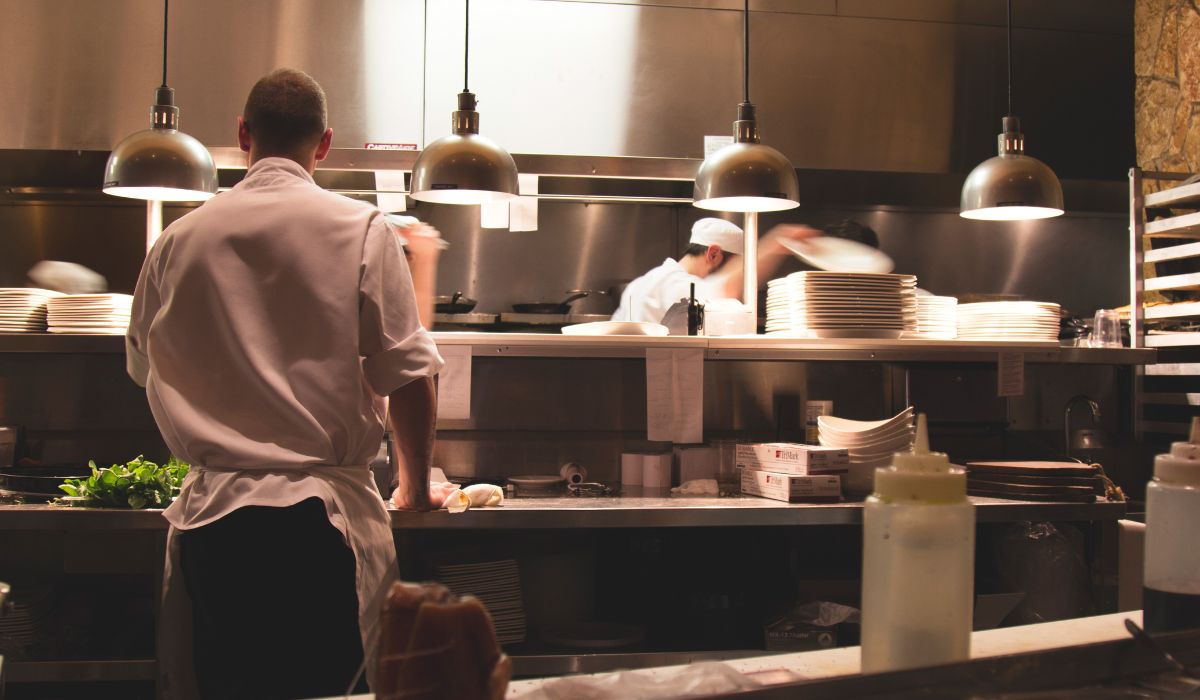The food and beverage industry is a dynamic landscape that constantly evolves to cater to the ever-changing preferences of consumers. In recent years, a wave of innovative trends has emerged, reshaping the way we produce, package, and consume our favorite treats. With a growing focus on health, sustainability, and convenience, businesses are rising to the challenge of meeting consumer demands. There are some exciting and impactful trends in the food and beverage industry that are revolutionizing the way we eat and drink.
- Plant-Based Revolution:
One of the most significant shifts in recent times is the surge of interest in plant-based foods. Health-conscious consumers are increasingly opting for vegetarian and vegan diets, driven by ethical, environmental, and health considerations. Innovative companies are capitalizing on this trend by developing plant-based alternatives that closely mimic the taste and texture of traditional meat and dairy products. From realistic plant-based burgers to dairy-free milk options, this revolution is not only meeting consumer demands but also making a positive impact on the environment.
- Personalized Nutrition:
No two individuals are the same, and the food industry is recognizing this fact by embracing personalized nutrition. With advances in technology, companies are leveraging data from wearable devices and DNA testing to create tailored meal plans that cater to individual dietary needs and goals. Whether it's managing specific health conditions or optimizing performance, personalized nutrition is empowering consumers to make more informed choices about the food they consume.
- Sustainable Packaging:
As consumers become increasingly conscious of their environmental impact, the demand for sustainable packaging solutions has intensified. The food and beverage industry is responding by adopting eco-friendly materials and reducing single-use plastics. From compostable packaging made from plant-based materials to edible wrappings, innovative packaging solutions are reducing waste and promoting a more sustainable future.
- Food Waste Reduction:
Addressing the issue of food waste has become a top priority for the industry. According to the Food and Agriculture Organization, approximately one-third of all food produced globally goes to waste. Innovative initiatives are tackling this problem by repurposing food surplus, creating new products from by-products, and implementing technology to improve supply chain efficiency. Not only does this contribute to reducing waste, but it also opens up new opportunities for value-added products.
- Augmented Reality Dining:
In an era of digitalization, augmented reality (AR) is making its mark in the food and beverage industry. AR dining experiences blend the virtual and physical worlds, offering consumers interactive and immersive encounters with food and drink. From virtual menus to interactive cooking lessons, AR is enhancing the dining experience, making it more engaging and memorable.
- CBD-Infused Products:
Cannabidiol (CBD), a non-psychoactive compound derived from hemp, has gained popularity for its potential health benefits. As regulations around CBD loosen, we're witnessing a surge in CBD-infused food and beverages. From CBD-infused gummies to sparkling water, these products cater to consumers seeking relaxation and wellness benefits without the intoxicating effects of THC.
Innovation is the driving force behind the food and beverage industry's ability to meet consumer demands effectively. From plant-based alternatives to personalized nutrition and sustainable practices, the industry is evolving to provide healthier, more ethical, and convenient options. As we move forward, we can expect these trends to continue shaping the way we eat and drink, creating a positive impact on both our well-being and the planet. Embracing these innovations will not only benefit businesses but also empower consumers to make more conscious choices in their culinary journey.



